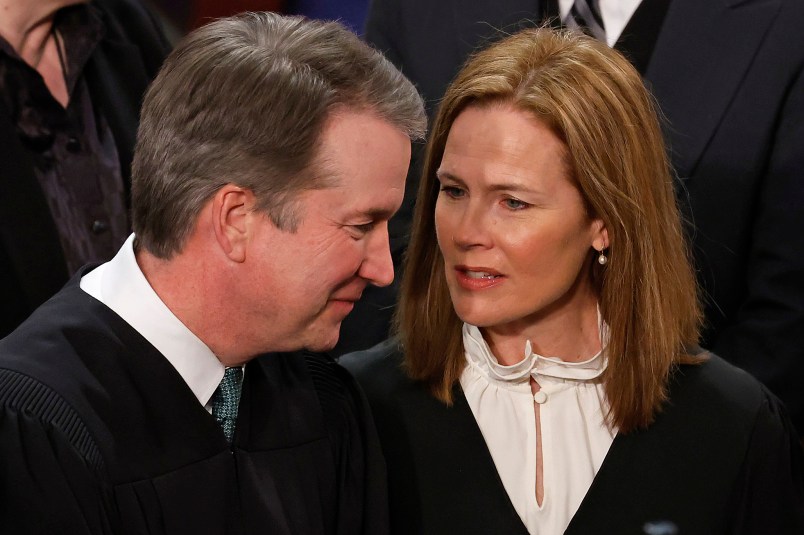Key takeaways:
- The Supreme Court will hear oral arguments on May 15 regarding the authority of judges to issue nationwide injunctions, following an emergency request from the Trump administration seeking to limit such injunctions.
- The case highlights the contentious issue of nationwide injunctions and could have significant implications for the balance of power between the judiciary and the executive branch.
- Speculation surrounds President Trump’s dissatisfaction with Federal Reserve Chair Jerome Powell, though federal law and Supreme Court precedent suggest a president cannot dismiss the Fed chair over policy disagreements.
In recent developments, the Supreme Court has announced that it will hear oral arguments on May 15 regarding the authority of judges to issue nationwide injunctions. This decision comes in response to an emergency request from the Trump administration, which seeks to limit the scope of such injunctions. The administration’s request does not address the legal merits of its proposal to end automatic birthright citizenship but focuses on whether judges can halt its implementation across the country.
The issue of nationwide injunctions has been a contentious topic, with the Trump administration arguing that such judicial actions exceed the authority of judges. The Supreme Court’s decision to hear the case indicates the significance of the matter, as it could have far-reaching implications for the balance of power between the judiciary and the executive branch. The outcome of this case may determine the extent to which judges can intervene in nationwide policy decisions.
In a related development, there has been speculation about President Donald Trump’s intentions regarding Federal Reserve Chair Jerome Powell. Despite appointing Powell to the position, Trump has expressed dissatisfaction with the Fed’s policies, leading to rumors about a potential dismissal. However, federal law and Supreme Court precedent suggest that a president cannot fire the Fed chair solely over policy disagreements.
As these legal and political dramas unfold, they highlight the complexities of governance and the interplay between different branches of government. The Supreme Court’s upcoming decision on nationwide injunctions and the ongoing discussions about the Federal Reserve’s leadership underscore the challenges faced by the administration in implementing its policies. These developments will be closely watched, as they could have significant implications for the future of U.S. policy and governance.



Be First to Comment